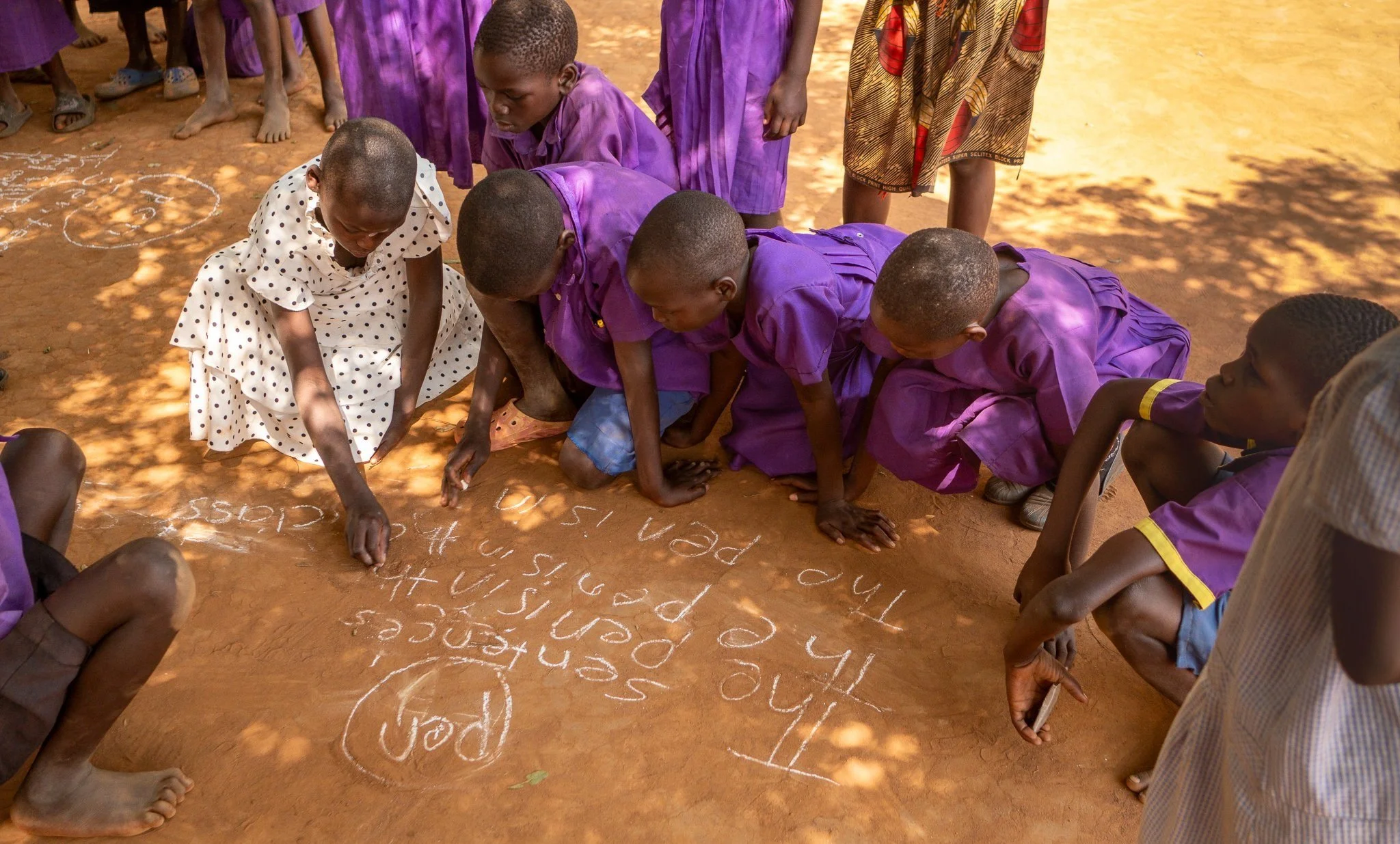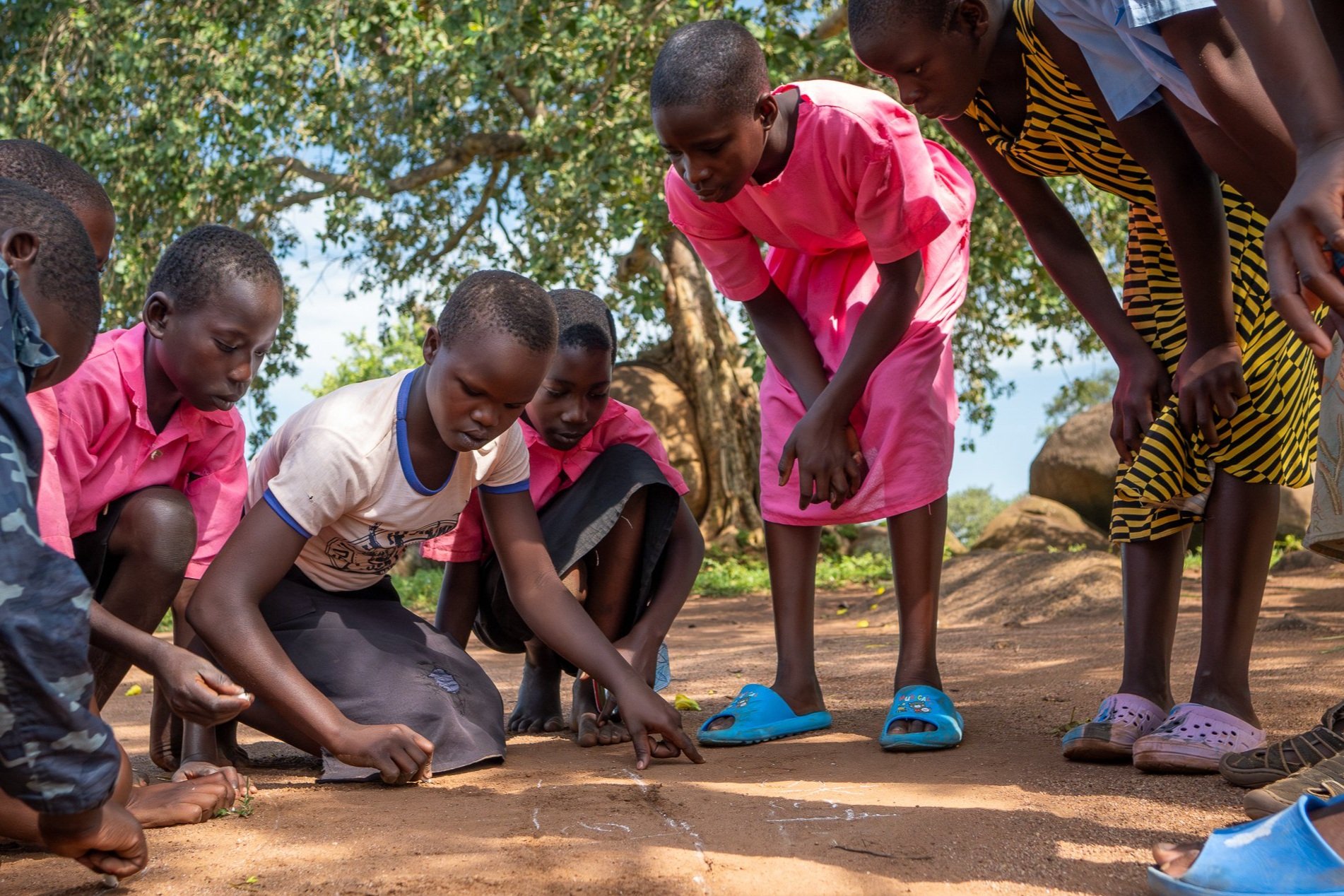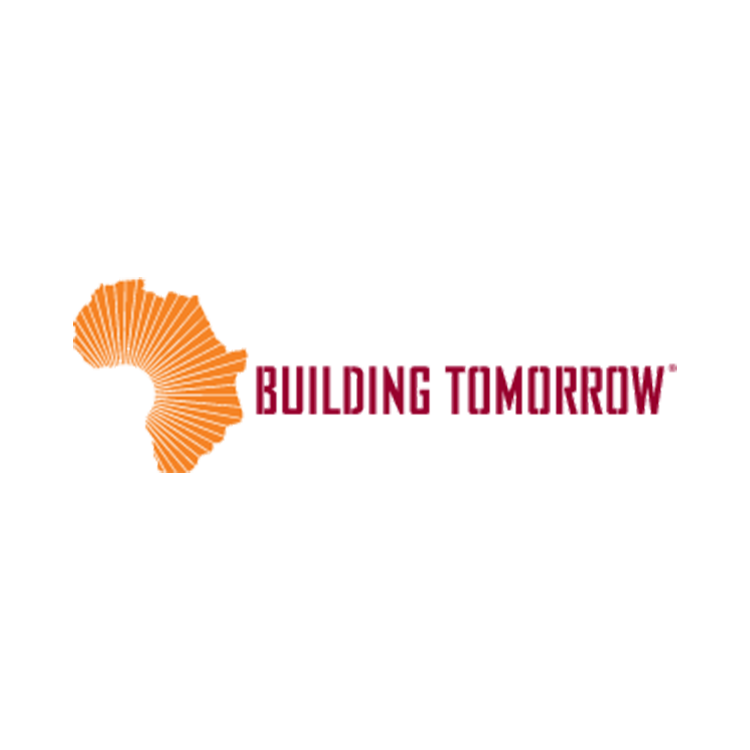Building Tomorrow
Mastering Comprehension: How to optimize curriculum for older learners?
Overview
Location
Uganda
FNL Focus
Literacy
Grades
P1 - P5
Building Tomorrow’s signature FLN program is Roots to Rise (R2R), which builds on the Teaching at the Right Level methodology by contextualizing it to the Ugandan context. R2R is oriented to P1-P5 learners and is conducted in schools by BT-trained teachers, in community spaces outside of school hours by BT-trained Community Education Volunteers (CEVs), and through a low-tech phone-based numeracy platform, Ewaka, which was piloted and launched in April 2024.
R2R targets instruction to learners’ ability rather than age or grade and integrates Universal Design for Learning and social-emotional learning pedagogies to be inclusive and responsive. R2R has reached over 350,000 learners since 2022, including 179,903 learners in 2023. 93% of learners in 2023 advanced at least one learning level, 73% were able to read a paragraph compared to a baseline of 11%, and 33% were able to perform all four basic math functions compared to a baseline of less than 1%.
We currently operate in 22 Ugandan districts and have memorandums of understanding with the Ministries of Education, Finance, and Gender, as well as all districts of implementation. To support government uptake, we have seconded field staff as Technical Advisors (TAs) to local government offices. Three of five TA pilot districts pledged budgetary allocations beyond the project period, an indication of uptake.
Implementation research
R2R has proven to be generally effective at advancing learners’ literacy and numeracy levels over 40 contact hours of implementation. However, we have identified room for the program to be more effective at bringing P4-P5 learners, a population segment emphasized in our school-based R2R implementation, to minimum proficiency learning standards. In mapping R2R’s learning levels to the Global Proficiency Framework, we have found that over 90% of P1-P2 learners reach minimum grade-level proficiency and over 70% do so at P3, but this drops below 40% for P4-P5 learners.
We would welcome uBoraBora as a thought partner in identifying the mechanisms behind this shortfall, and as a research partner in testing solutions to adapt our model and increase effectiveness to this population.
Potential solutions that come to mind are adding contact instruction time for these learners, offering additional reading materials or enhanced pedagogical support, and/or building the capacity of facilitators.
We envision working with uBoraBora over a 12-month period as a thought partner to help structure our investigation of the issue and as a technical assistance partner to inform a sufficiently rigorous research design to test solutions. Grant funding would also be catalytic in ensuring our team has the resources to go about this research most effectively, while building our own internal capacity. If addressed, increasing R2R’s effectiveness for P4-P5 learners would be transformative in setting these learners up for success in later grades, and we are confident that adapting the approach for this segment will offer learnings and efficiencies elsewhere in our model as well.
Whitney Warren, Chief Education Officer
“We've mapped our program to the Global Proficiency Framework and looked at that minimum proficiency learning across our grades. We want to be able to push learners in grade 4 & 5 past that foundational to a functional skill set; thinking about higher order thinking and comprehension.
We want to make sure that 4th and 5th graders are set up for success, that they have the skills they need to stay in school and not just to be consumers of reading and math, but to think and interact in critical ways. We are excited to dive into that.”
Roots to Rise program
Related to Building Tomorrow
Resource
BORA cards: 56 cards designed to guide your implementation research
Blog
Going Beyond "What Works" in Implementation Research: Understanding the "How" & "Why
External link
Read more about Building Tomorrow on their website
Blog
uBoraBora Portfolio: Improved learning outcomes through targeted tweaks













